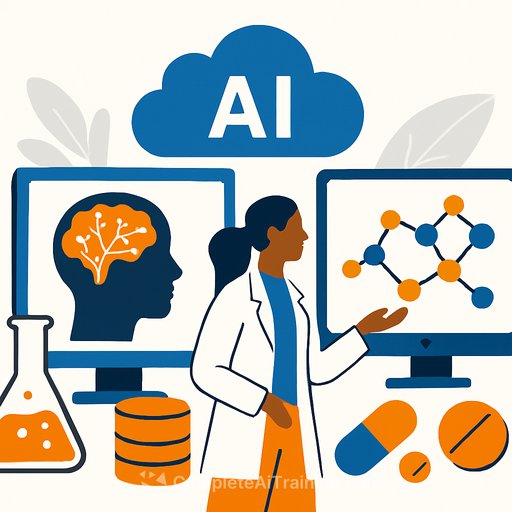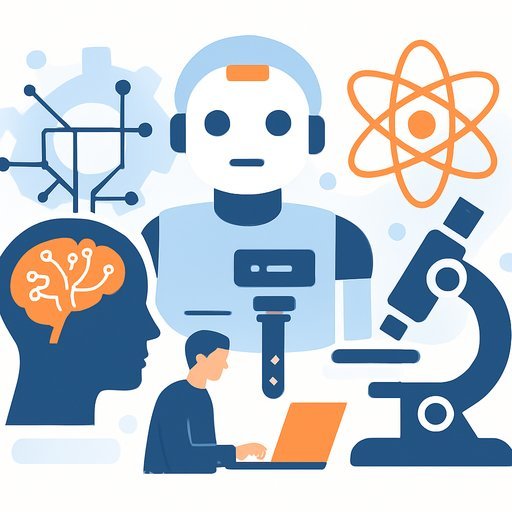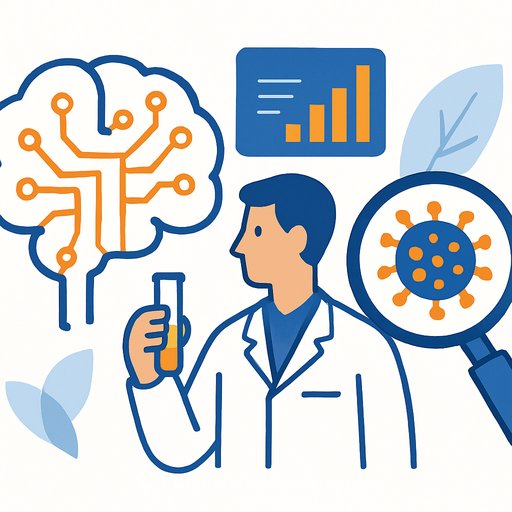Lilly launches TuneLab to share AI drug-discovery models with biotechs
Eli Lilly has introduced TuneLab, an AI/ML platform that lets selected biotechs run drug-discovery models trained on years of Lilly research data. Public partners at launch include Circle Pharma and insitro. Lilly notes the first release reflects more than $1B of internal data investment.
What TuneLab offers
- Access to 16 ready-to-use models spanning discovery and preclinical workflows, including predictive ADMET.
- Models run locally on partner infrastructure in a federated setup-no raw data leaves a partner's environment.
- Partners can fine-tune models and share model updates (not datasets) to improve performance across the network.
How the federated setup works
The program uses Rhino Federated Computing's platform, which deploys NVIDIA FLARE for federated learning. Each biotech trains locally and contributes model-weight updates back to the system. This approach reduces data exposure risk while compounding learning across multiple sites.
Who's in and what they're doing
- About a dozen startups have joined so far, including Firefly Bio and Superluminal Medicines.
- Circle Pharma will apply TuneLab to strengthen AI/ML across its cancer programs.
- Insitro plans to build new small-molecule property prediction models to be used within TuneLab.
On Aug. 14, 2025, Superluminal Medicines also signed a separate deal with Lilly worth up to $1.3B focused on cardiometabolic and obesity drug discovery. That agreement is independent of its TuneLab access.
Why this matters now
The launch fits with the FDA's April 2025 roadmap to reduce preclinical animal testing using "new approach methodologies" (NAMs), which include AI-based models. For background on NAMs, see the FDA resource on New Approach Methodologies.
Analysts at Jefferies estimate AI-related R&D spend could reach $30-40B by 2040. Inside Lilly, TuneLab sits within Catalyze360 and is listed alongside Lilly Ventures, Gateway Labs and ExploR&D.
Practical takeaways for healthcare and research teams
- Use federated fine-tuning to improve predictive ADMET and property models without moving sensitive data.
- Prioritize clear data-governance rules and model-update review to maintain IP boundaries.
- Start with focused use cases: ADMET triage, property optimization, or early toxicity filters.
- Track impact with tight metrics: hit rate changes, false-positive/negative shifts, and cycle-time reductions.
- Confirm legal frameworks for model updates, audit trails, and publication rights before onboarding.
Where this could go next
As partners contribute updates, model performance should improve across a wider range of chemistries and targets. Expect expansion into additional preclinical tasks and tighter integration with lab systems as adoption grows.
Upskilling your team
If your organization is building AI capability for R&D, explore role-based learning paths at Complete AI Training.
Your membership also unlocks:










